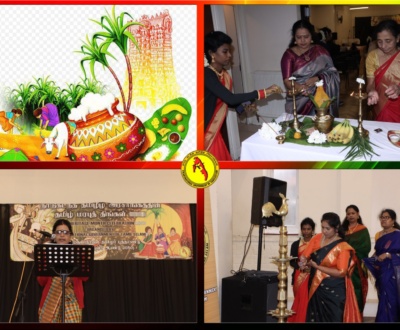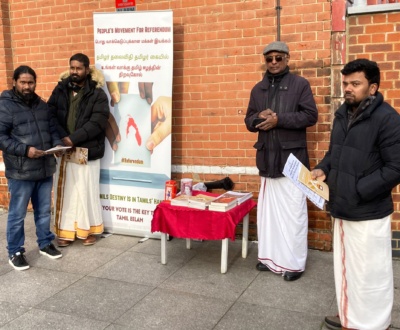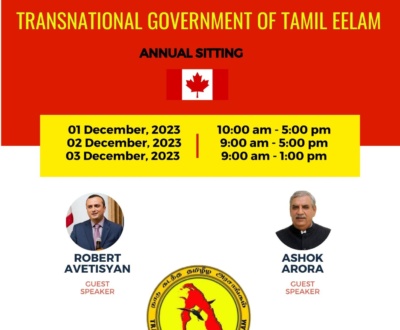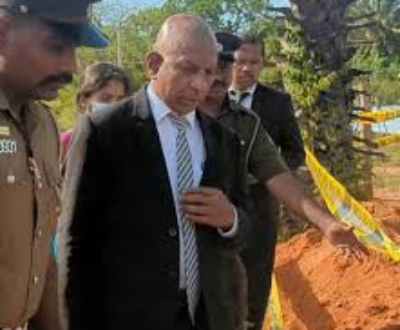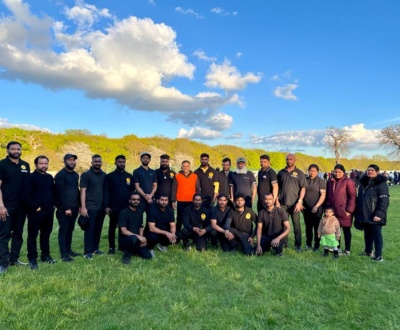TGTE - Homeland தாயகம்
HOSTILE POWERS ENCIRCLING INDIA: Does The Rajiv – JR Accord Achieve Its Objectives? TGTE
- August 30, 2017
- TGTE
Sri Lanka is keen to embrace China’s ambitious “One belt One road” (OBOR) initiative which India has chosen to boycott
This year marks the 30th Anniversary of the Rajive Gandhi – Jayawardene Accord. The Accord was claimed to have been signed in order to solve the conflict between the Tamils and the Sinhala State. Even though thirty years have passed by since the signing of the Accord, the Tamils in the island of Sri Lanka are yet to realize their freedom and livelihood. On the contrary, the Tamils were subjected to Mullivaikal Genocide in 2009 and continue to remain subject to structural genocide.
The Indo – Sri Lanka Accord had the geopolitical interests of India at heart as demonstrated by the annexure to the Accord. After 30 years of Indian involvement in the Sri Lankan national conflict, not only has the Tamil national question remained unresolved, but India has also failed in the containment of rising Chinese power in Sri Lanka. China has gained tremendous influence and power in Sri Lanka during these 30 years, not just during the Rajapaksa regime, but also by its coziness with the present government led by the Mythripala-Ranil coalition.
Sri Lanka is keen to embrace China’s ambitious “One belt One road” (OBOR) initiative which India has chosen to boycott. Sri Lanka has also agreed to give Hambanthota Port to a Chinese state company as well as a stake in the development of Sri Lanka’s Port City adjacent to Colombo’s downtown.
A Symposium was held to address the question “which failed – the Accord of Indian Security” under the auspice of the Transnational Government of Tamil Eelam (TGTE) solidarity center at the Kaviko Hall, Chennai on the 29th of July. Senior AIADMK Leader Mr. Panruti S. Ramachandran, who played an important role in the Indo-Sri Lanka Accord, President of the Dravidar Viduthalai Kazhagam Kolathur Mani, President of the Manidhaneya Makkalkatchi Jawahirullah, Comrade Thiagu and others addressed the symposium.
The speakers raised the question whether the government of Sri Lanka is playing the geo-political card to keep other powers from pressurizing it to fulfill its obligation under the Human Rights Council Resolution 30/1. The speakers at the symposium were also of the view that an independent Tamil state in the island of Sri Lanka will not only ensure the security of the Eelam Tamils but also of India.
Contact: pmo@tgte.org
Transnational Government of Tamil Eelam
TGTE
